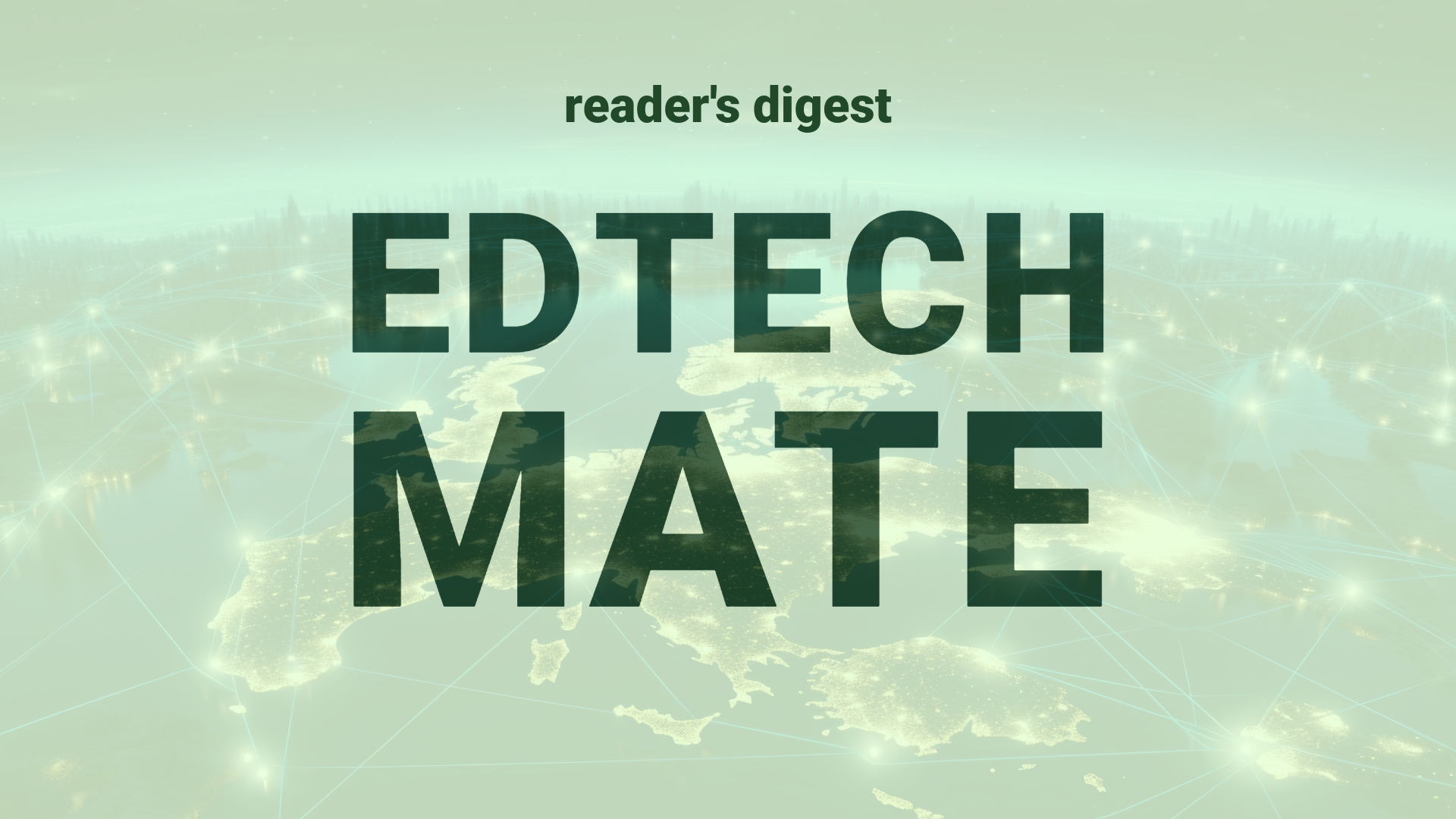Executive Summary and Main Points
Zoho is expanding its collaboration suite with Artificial Intelligence (AI), workflow automation, and personalized industry-specific features to enhance global business collaboration across varied time zones. Innovations in the company’s core tools—Zoho Projects, Zoho Notebook, Zoho WorkDrive, and Zoho Sign—are focused on integrating Zia, Zoho’s AI engine, to facilitate natural language processing, smart summarization, and analytics dashboards. Automation via Blueprint, Zoho’s visual workflow technology, aims to develop scalable project workflows within these applications, improving efficiency across different sectors such as healthcare, construction, manufacturing, and aviation.
Potential Impact in the Education Sector
The education sector can leverage Zoho’s AI and automation updates to enable more efficient administration and project management in Further and Higher Education. For instance, educational institutions can use these tools for course planning, managing research projects, and optimizing operations. Zoho’s advancements could be instrumental in developing tailored workflows for Micro-credential courses, allowing for streamlined course delivery and student interactions. The integration of AI into project management could pave the way for strategic partnerships through enhanced collaborative opportunities and innovative student engagement.
Potential Applicability in the Education Sector
Zoho’s AI and automation updates hold significant promise for global education systems. AI-powered project management can assist academic staff in curriculum planning and student performance analytics. Zoho Notebook’s smart summarization could aid students in studying and information retention, while Zoho Sign’s digital signature functionality could simplify the enrollment and document management processes. The developments in Zoho’s applications can also support digitalization efforts by enabling educators and administrators to efficiently manage and deliver educational content and services asynchronously to a geographically dispersed student body.
Criticism and Potential Shortfalls
While Zoho’s focus on industry-specific AI and automation integration heralds efficiency improvements, concerns persist about potential job displacements, privacy issues, and the digital divide in education, where access to such technologies may be limited. Considering real-world applications, institutions may face challenges in implementation, systemic integration, and fostering user adaptation. International case studies reveal varying degrees of readiness and resource allocation that can affect the success of such technology adoption, and educational policymakers must grapple with these disparities. Ethical considerations around AI in education, such as bias in automation and data security, require careful examination and proactive measures.
Actionable Recommendations
For successful integration of these technologies in global higher education, leaders should consider phased implementation strategies, beginning with pilot programs to identify best practices for their specific context. Professional development and training for staff are critical to ensure they are equipped to use these digital tools effectively. To foster international education partnerships, data sharing protocols and collaborative platforms should be established. Educational institutions should also address ethical considerations by developing guidelines for the responsible use of AI and prioritize access to ensure equitable benefits from digital transformation.
Source article: https://www.computerworld.com/article/2139047/zoho-updates-its-collaboration-tools-to-help-with-asynchronous-work.html

